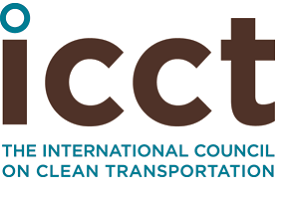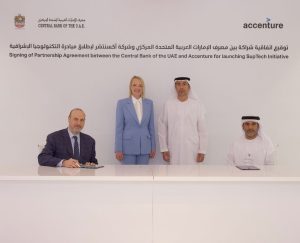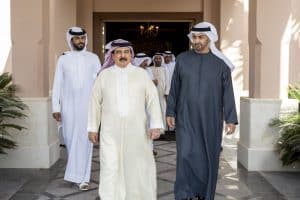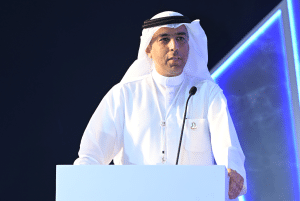
The International Council on Clean Transportation (ICCT) has commended the Kingdom of Saudi Arabia on its success in issuing the Saudi Corporate Average Fuel Economy Standard (Saudi CAFE) for light-duty vehicles. The ICCT indicated that this standard is a pioneering model of government achievement considering that it has been developed in an accelerated and efficient manner compared to similar standards that ICCT has witnessed globally.
“This is a landmark achievement,” said Drew Kodjak, Executive Director of the International Council on Clean Transportation, who noted that this is the first standard of its kind in the Middle East. “It is an excellent example of international alignment as this program closely tracks the United States fuel economy standards.” It shows a purposeful commitment to setting long-term standards. It is also uniquely innovative in incorporating used imported vehicles as well as new, something no other country has managed to accomplish.
“The regulatory team clearly did their homework,” said ICCT’s program director Anup Bandivadekar, who participated in the May 2014 Saudi Energy Efficiency Forum. “The Saudi Energy Efficiency Program has been committed to a comprehensive, thorough and flexible standard. It can be used as a reference by other national governments, and opens the door to wider adoption of similar standards across the Gulf Cooperation Council.” He also indicated that the standard was developed in a short period of time (less than two years) through a small team of experts compared to similar standards observed in other markets, which typically required five to ten years of development.
The ICCT team expressed their delight to have cooperated with the technical team addressing the transportation sector in the Saudi Energy Efficiency Program. They also showed their admiration to the level of ambition, professionalism, comprehensive analysis and thorough outreach in responding to automakers. In addition, they commended the prompt resolution of the multiple hurdles that have faced the team throughout the development of the standard.
the Governor of the Saudi Standards, Metrology and Quality Organization (SASO), member of the subcommittee overlooking the development of the Saudi Energy Efficiency Program, has signed Memorandums of Understanding with 78 automakers representing more than 99.95% of the light-duty vehicle sales in the Saudi market. The MOUs entail a commitment from the automakers to adhere to the Saudi Fuel Economy Standard requirements for new light-duty vehicles.
The transportation sector accounts for about 23% of the total energy consumption in the Kingdom. The recently announced Saudi Fuel Economy Standard for light-duty vehicles targets improving the fuel economy in the Kingdom on average by 4% annually. This would elevate the Kingdom’s fuel economy for light-duty vehicles from its current level at 12 kilometers per liter to over 19 kilometers per liter by 2025.
To ensure the effective enforcement of the standard, a working group of four government agencies has been formed to monitor implementation of the standard and the global automotive manufacturers’ commitment to it, while also tracking the improvement of fuel economy in the Kingdom. The working group is comprised of the Ministry of Commerce and Industry; the Saudi, Standards, Metrology and Quality Organization (SASO); Saudi Customs; and the Saudi Energy Efficiency Center.
Source : Saudi News Agency












